Staying organized an on top of your bills is important to not only maintaining your lifestyle but to reducing your stress and working toward your savings goals. There are many ways to get yourself organized and plenty of digital tools to assist you along the way. For those just wrapping their heads around payment organization here are a few basics to get you started.
Know what you owe; know whom you owe.
The first step to managing your bills is knowing what you owe. It’s easy to forget about one of your credit cards or how much your car insurance payment is each month. Start setting yourself up for success by laying out all of your bills and what each monthly payment will be. For credit cards make sure to note your current minimum payments and your goal payment or each month. You can create a basic spreadsheet or use one of the many free or paid online services and phone apps to account for all of your bills.
Know your payment due dates.
The second step you'll need to take is knowing your due dates. Take a thorough look at each of your bills and note what dates they are currently due. Do a little more digging to learn if you have any bills that you can control the due date for, just in case the current due date doesn't work for you when you're trying to determine a payment plan (more below). It helps to take a look at these dates on a current calendar to see where they fall in relation to your paycheck delivery dates.
Determine payment plans.
When you know how much you owe, and when your payments are due you can start creating a payment plan. Take a look at your current income sources and the dates you get paid. Are you a single income household? Do you and your partner contribute to your monthly income? Do you get paid the same times or on an opposite schedule? Note all of the income you’ll receive in a given month and the dates each check comes in. Compare your check dates to the bill due dates you noted before and tally up how much you can pay from each check while continuing to buy groceries and other daily necessities. You may realize that you need to rearrange some of the due dates to better balance more substantial payments across multiple checks. Go online or get in touch with your payees and set up your due dates the way you need them.
You can take further steps and set up automatic billing if you like. Automation may not work for all your bills or be the preference for everyone. Think about how you prefer to make payments and set up a plan that works for you. Maybe you only set up bills you tend to forget for automatic debit or those that are the same amount each month, but you continue to pay variable bills like utilities manually.
Track your payments.
Tracking your payments will help you catch any bills you haven’t paid before they fall through the cracks. It will help you save on late fees or expedited payment fees. Payment tracking will also help you discover any adjustments you need to make to your payment plan, so you can best rearrange payments and due dates for future months when you see a glitch in your system. If you aren't the best at spreadsheets or prefer a simple user interface, you can access on your phone investigate the budget tracking applications out there and find the right one to help keep you on top of all your payments and manage each bill.
Being able to manage your debt and monthly outgo is the first step in managing your finances to build toward your savings goals. Start here, and you'll be on your way to saving for your home down payment, remodel, vacation or whatever it is you're dreaming of doing.







